Author to Author Interview: Graeme Simsion, The Rosie Project
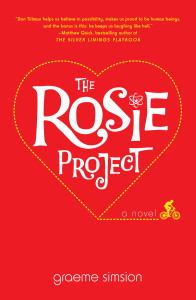 Cathy Lamb: Your book, The Rosie Project, was one of my favorite books of the year, probably of my whole life. I so enjoyed it. I read it on my kindle, then bought it for my son.
Cathy Lamb: Your book, The Rosie Project, was one of my favorite books of the year, probably of my whole life. I so enjoyed it. I read it on my kindle, then bought it for my son.
Graeme Simsion: Well, many thanks! It’s great to see something I’ve created giving so much pleasure to readers.
I actually read your book when I should have been working on mine!
Readers are always curious about authors. At least, I always am. So, can you tell us about yourself? Where you live, your job, interests, hobbies…
I live in Melbourne Australia. My original career was in information technology, and I built up a consulting business which I sold when I decided I wanted to be a writer. I kept consulting and doing seminars on a freelance basis until December, 2012 when international sales of The Rosie Project allowed me to become a full-time writer. Hobbies? Who has time for hobbies? I enjoy things that fit around my writing life – travel, food and wine, reading. My wife and I walked 1250 miles from central France to Santiago in Spain in 2010.
That sounds like a very long walk. I hope you were able to sample excellent wine along the way. (Although not TOO much wine, as that could have made walking difficult.)
For those who have not yet read The Rosie Project (and you should!!) tell us about Don Tillman.
Don’s a 39-year-old professor of genetics who’s a little (OK, a lot) socially challenged. His life is well-organised, productive and just fine – except he wants a partner. Dating hasn’t been a big success so far, but now that he’s constructed a 32-page questionnaire to select the perfect partner, that’s under control too.
Don has Asperger’s but doesn’t appear to know it, though he’s clearly brilliant. He even gives a lecture to children with Asperger’s and their parents and studies it extensively. Yet you never let him get to a place of deep introspection and self – analysis so he could acknowledge it. Why was that?
For a long time I avoided the question of whether Don has Asperger’s – not just in the book, but when asked in interviews. I didn’t read up on Asperger’s to invent Don; I based him on people I’d met in IT and academe, none of whom had been diagnosed with Asperger’s (the diagnosis wasn’t really around until the mid 1990s, and those guys were already adults and doing well enough not to seek help.) But the general consensus from the Asperger’s community is that Don is one of them!
The people who inspired Don frequently don’t seek diagnosis. I recall Autism expert Temple Grandin being quoted as saying that half of Silicon Valley is made up of people with Asperger’s avoiding diagnosis like the plague.
So Don avoids confronting that question – at least at first. Later in the book, there is a moment where he ponders the advantages of a diagnosis and lets us know that it’s at least crossed his mind.
I also found, in workshopping an early short story I wrote to ‘work up’ the Don character, that labeling him with Asperger’s shifted the readers’ focus from Don the person to Asperger’s the syndrome. I wasn’t writing about textbook Asperger’s: I was writing about a person who had it.
Don’s goal is to find a wife. He says, “There is something about me that women find unappealing. I have never found it easy to make friends, and it seems that the deficiencies that caused this problem have also affected my attempts at romantic relationships.”
I think a lot of people feel like this – certainly not just people with Asperger’s. I could certainly relate to him. Was that deliberate on your part as a writer – forming a bridge from him to us?
I often write on books I’m signing, especially for men: “There’s a bit of Don in all of us.” In fact, when I workshopped that first short story, one woman said “Asperger’s? He’s just a bloke.’ I see Don first as a fellow human being, second (or fourteenth!) as having Asperger’s. So he shares problems, desires, insecurities with all of us. Some of the Asperger’s characteristics are simply stronger forms of attributes we all have to some extent – social awkwardness, discomfort with uncertainty, need for our own space. The desire for connection which drives the story is close to universal, and so too the fear that we will not find it.
The first paragraph of the book caught me immediately, “I may have found a solution to the Wife Problem. As with so many scientific breakthroughs, the answer was obvious in retrospect. But had it not been for a series of unscheduled events, it is unlikely I would have discovered it.”
Don is trying to combine finding a wife and science. Is there a link do you think? Or is there only a link for Don?
We use what we have! To a child with a hammer, everything looks like a nail, and to Don Tillman every problem looks like a science problem. Everyone who signs up for internet dating and fills out a list of what they’re looking for, or who tells a friend that they want a partner with a good sense of humor who likes wine is applying a bit of science to shift the odds in their favor. Don is just taking it a bit further.
Often in books, the best friend is a lot of fun. He or she offers humor, distraction, and lovability, so to speak. But Don’s best friend, Gene, is a real rat in some ways, especially in his goal, as a married man, to sleep with one woman from every country on the globe.
I thought it was a clever twist on the best friend angle. What was your goal in creating Gene, especially in terms of his relationship with Don?
The best friend is a classic way of externalizing the protagonist’s thoughts – Don tells Gene rather than us what he’s thinking. For obvious reasons, it’s used a lot in movies. In my earliest drafts, Gene was two people – the bad-advice-philanderer and the good-advice-lab manager. By combining them, I got a more complex character. Gene is also the dark side of Don – what Don might have become if he’d mastered the surface skills of social interaction without developing real empathy.
I found Don’s list of requirements for a wife to be so entertaining. He does not want a woman who wears make up or jewelry and her appearance is not relevant, which is the complete opposite for most men out there trying to find a partner. He also wants to weed out the “time wasters, the disorganized, the ice cream discriminators, the crystal gazers, the fashion obsessives, the religious fanatics, the vegans, the creationists, the illiterate…”
He does not seem to be looking for someone to love, though, or to be passionate about. He’s looking for a partner. From your perspective, is this true?
I think Don is looking for someone to love, but he (a) doesn’t know quite what that means and (b) can’t specify what that person might look like beyond ‘someone like me.’ But I’d suggest that the loving relationships that last are those where a partnership grows to supplant that original infatuation or limerence. Indeed, Don and Rosie’s bond develops through a ‘joint project’ – doing things together rather than some instant attraction.
I loved Rosie because she was so blunt, often rude, intelligent, emotional and temperamental…and because she saw the good in Don. Was it your intent from the first to draw a character who was the complete opposite of Don?
Not from the first! The story was originally The Klara Project and Klara was an obvious choice for Don – if only he could see it. I rewrote it with a character who was superficially the opposite to what Don wanted. She’s not the complete opposite deep down! She’s a bit of a loner herself, a researcher, a quirky dresser and she ‘gets’ him from the start.
I felt that you accurately portrayed how challenging it could be to be in a relationship with someone with Asperger’s. How did you research this part of the book?
25 years working in information technology and meeting colleagues’ partners! Seriously, I simply drew on real life, sometimes just exaggerating things that happen in all relationships because men in particular are emotionally unaware, literal, problem / solution focused, etc.
Ah, yes. There does seem to be a slight difference between men and women….
How did you write the book? Did you draw the character first and jump into a first draft? Did you outline the story? Did you set daily word count goals? How many times did you edit it? How long did it take to write? And, with a full time job, how did you find the time to write it?
The Don Tillman character and his search for a partner came first and drove everything. Almost everything else change over the five years I worked on the story, which for a long time was a screenplay rather than a novel.
I don’t try to write every day – progress is not just words on a page. Sometimes I’m outlining, sometimes working on a plot problem, sometimes thinking about a character, sometimes re-writing, sometimes thinking creatively about what could be different or better.
When I’m actually writing, I often go fast – several thousand words a day with limited breaks.
When I had a full-time job, I wrote (using that word broadly to mean ‘worked on the story’) in the gaps between assignments – when I could. I didn’t watch TV.
I know you’re an expert in data modeling and in information systems. How did your background help, or perhaps challenge, the writing of The Rosie Project?
More than you (or your readers) might expect. My approach to writing is strongly informed by my background in information technology and a PhD in design theory – plus my screenwriting studies. I outline first, and don’t write until I have an outline, but understand the outline may change. I treat creativity as something that can be managed and work hard on making as much of what I do conscious rather than relying on magic.
I did a TedX talk on this (it’s online) a little while ago.
The Rosie Project is an international best seller, as you well know. How has writing The Rosie Project changed your life?
Yes. I’m a full-time writer, I’m doing something I love but never thought I was capable of, I have a chance to communicate with people all over the world. The financial thing is not such a big deal but it does mean I can devote myself fully to my writing career.
What are you working on now?
A sequel to The Rosie Project. I’m also the screenwriter for the movie version of Rosie which has been optioned to Sony Pictures. And I always have a couple of short stories in the pipeline.
I cannot wait to see The Rosie Project on screen. I will anxiously await to see who plays Don. I can’t help but think of Sheldon from the Big Bang Theory…
Thanks for your time, and happy writing.

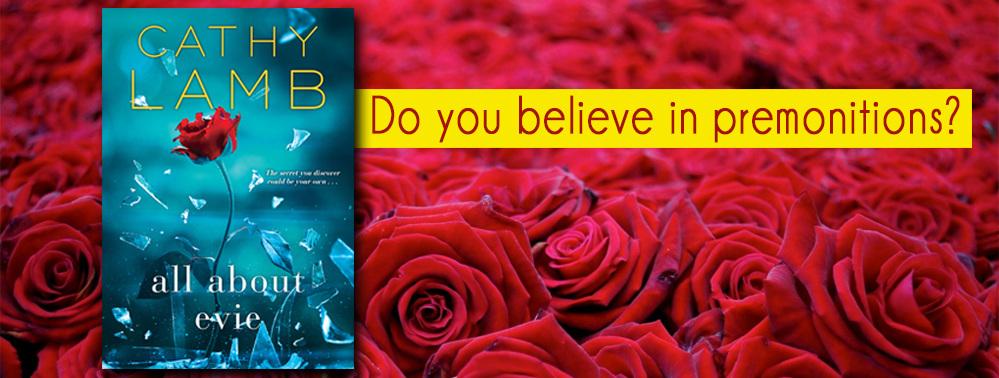

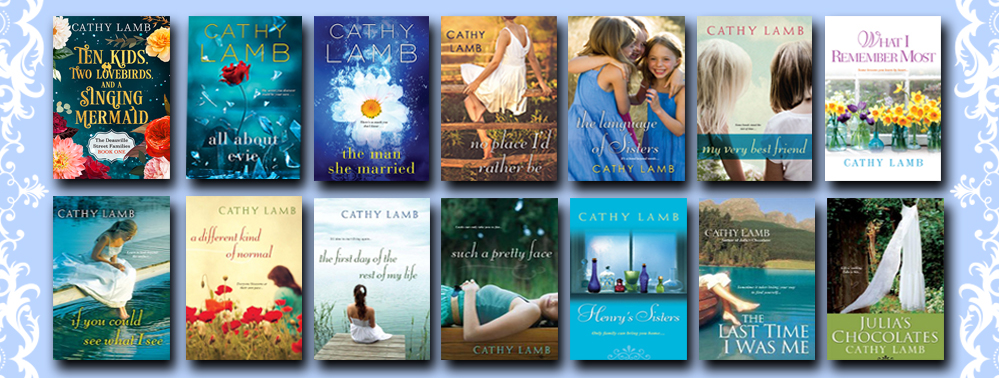

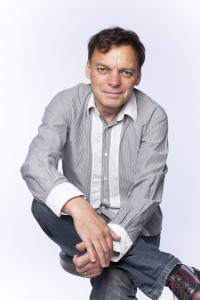





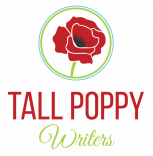
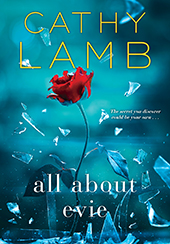
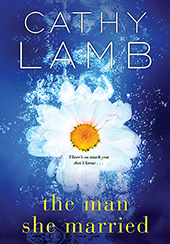
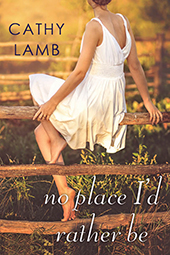
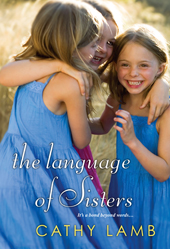
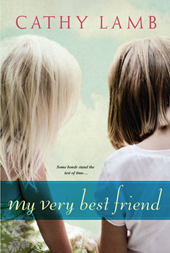
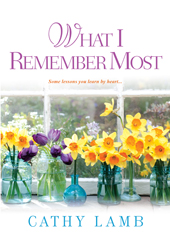
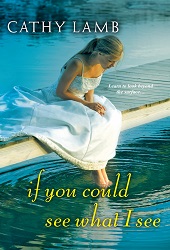
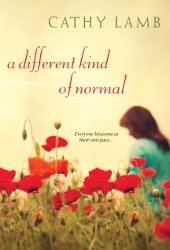
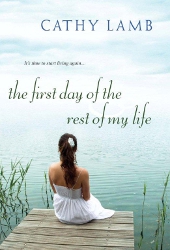
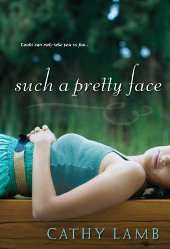
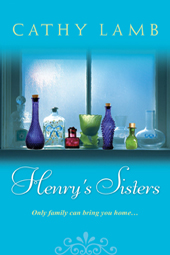
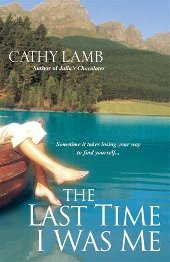
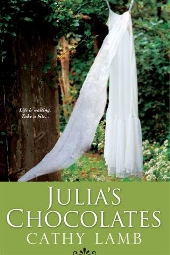

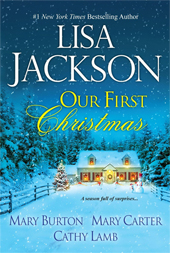
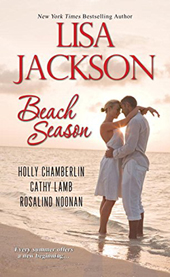
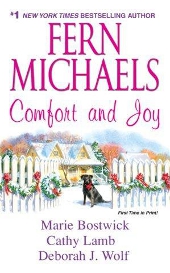
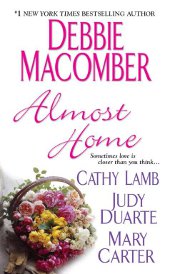
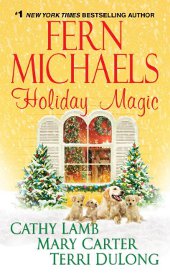

Thank you both so much for this amazing review. Compelling questions and utterly brilliant responses. I’m so excited to see that there will be a sequel to this book as well as a movie adaptation. My favorite quote: “I treat creativity as something that can be managed and work hard on making as much of what I do conscious rather than relying on magic.” Brilliant.
1What a wonderful interview! I just finished this book today after purchasing it on your recommendation on Facebook. One of the best books I have read in months!! Such wonderful characters and intelligent prose. I loved watching Don grow and fall in love with Rosie. Who doesn’t relate to Don in some way? What a unique and vibrant story. Thanks again for the recommendation! 🙂
2